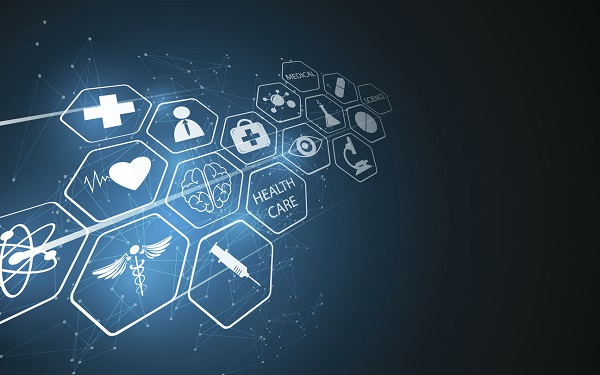UK pharma patents up 20%, new report finds

The pharma industry saw double-digit growth in patent filings for the second year in a row in 2018, with applications from the UK up by a fifth, according to the latest data released by the European Patent Office (EPO).
There were 7,441 filings in the pharmaceutical category throughout 2018, up from 6,534 in 2017 – a 13.9% increase.
This marks the second consecutive year of double-digit growth in pharmaceutical filings at the EPO, with the sector having increased by 11.7% last year.
Filings in the biotechnology sector have also grown by 12.1% on last year – again marking the second year of consecutive growth in this category.
The pace of innovation in the UK has also increased, with pharma patent filings from the country increasing by a significant 20.3%.
“Ever longer lifespans and the healthcare challenges they bring are leading to significant innovation in the fields of pharmacology and biotech,” said Paul Chapman, partner at IP firm Marks & Clerk.
“Alongside this, new technologies such as AI are aiding drug discovery and facilitating ever greater levels of innovation. The latest figures from the EPO reveal impressive growth in these fields, with applications from the UK alone up by more than a fifth.”
Marks & Clerk said the EPO’s latest report paints a positive picture of innovation overall with patent applications to the EPO up 4.6% on the previous year.
The most popular categories for new patents include medical technology (up 5%), digital communications (up 0.7%), and computer technology (up 3.3%).
The EPO itself highlighted AI and blockchain as two significant trends in digital technology patents. Nearly 6,000 AI patent applications were filed between 2011 and 2016, and there are now some 4,000 patent families related to blockchain, with the majority of them having been filed since 2015.
Last year the EPO issued updated and detailed guidance on how IP informs the development of AI, providing more specific guidance on the examination of AI applications, under existing computer implemented inventions (CII) practice and case law.










